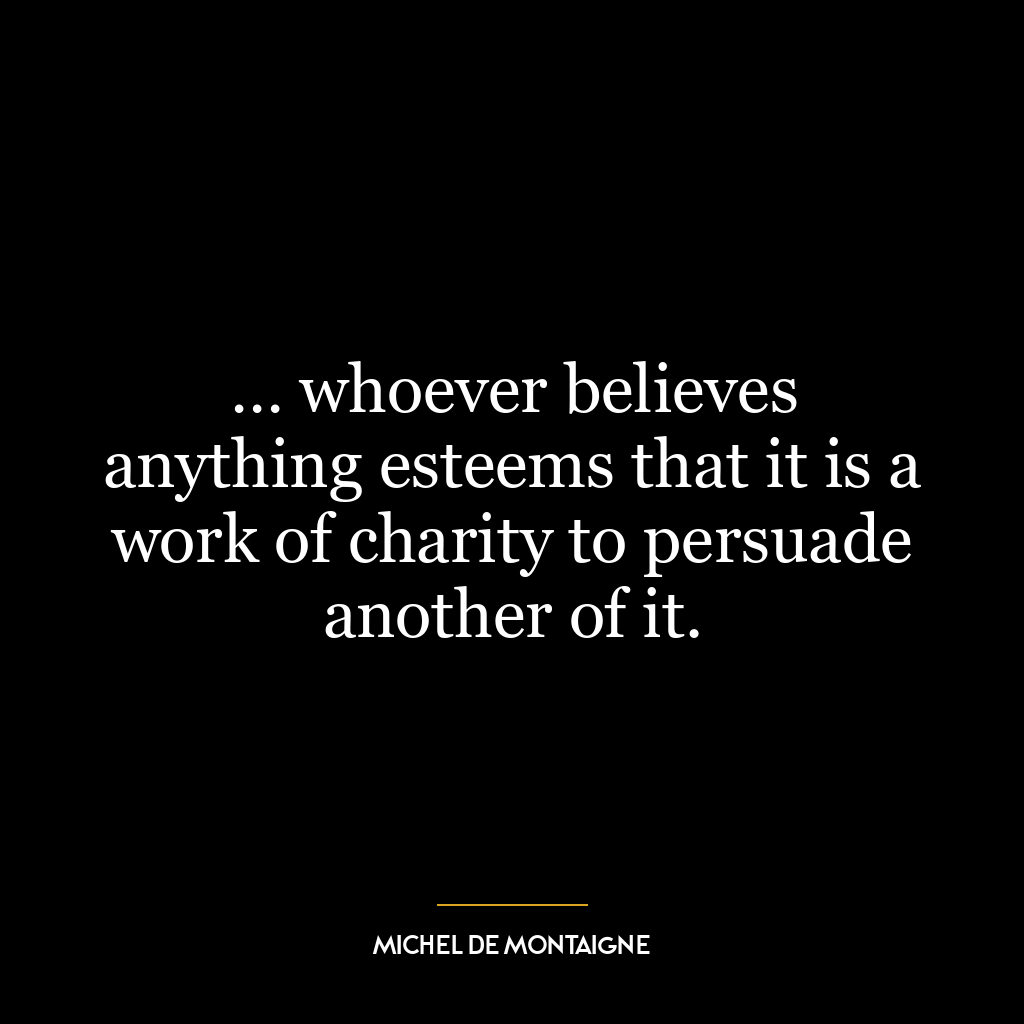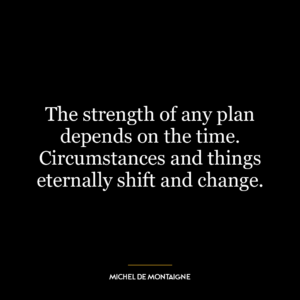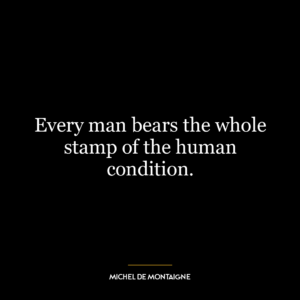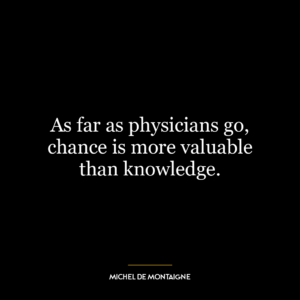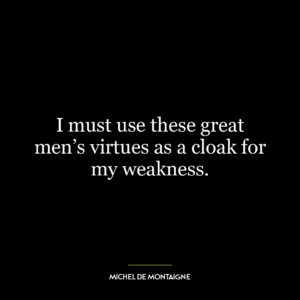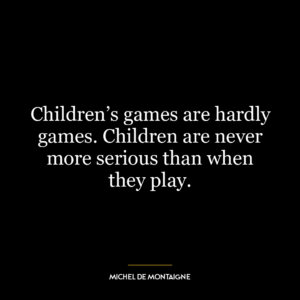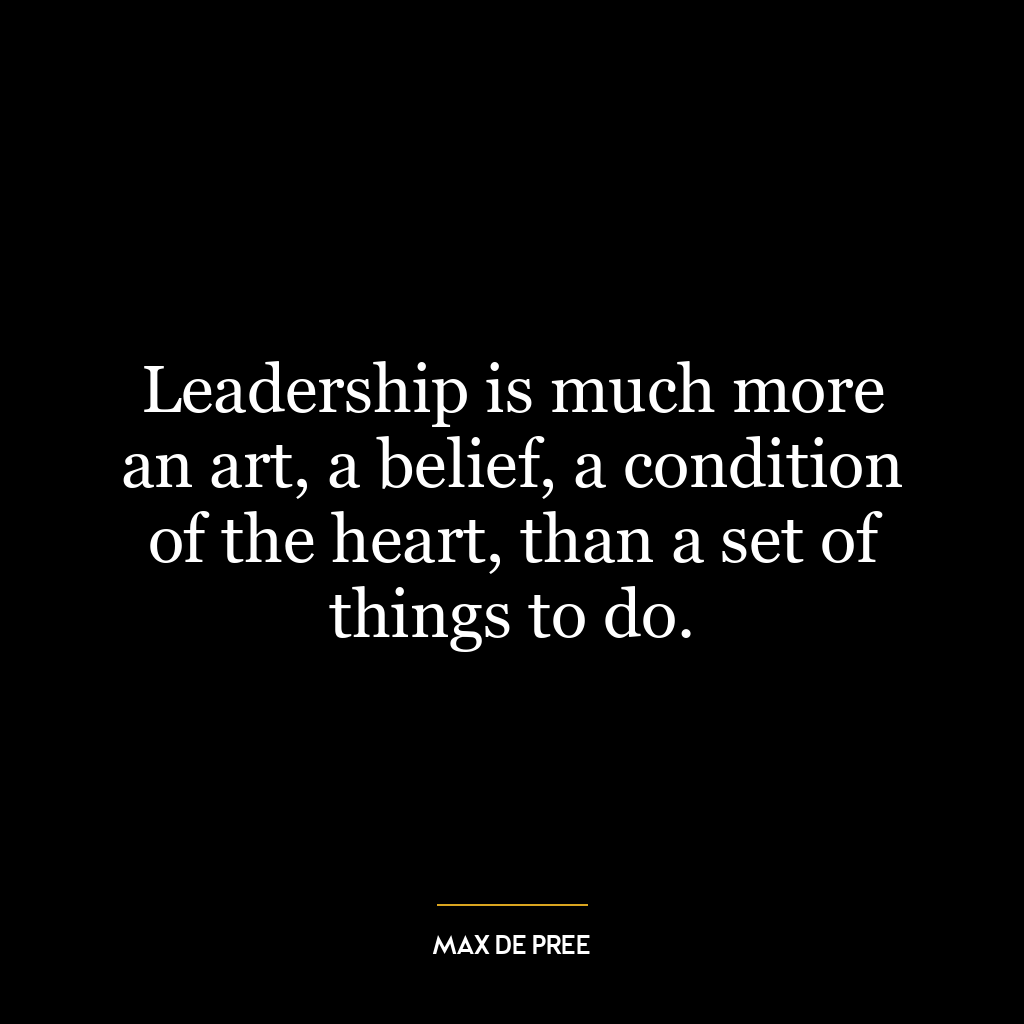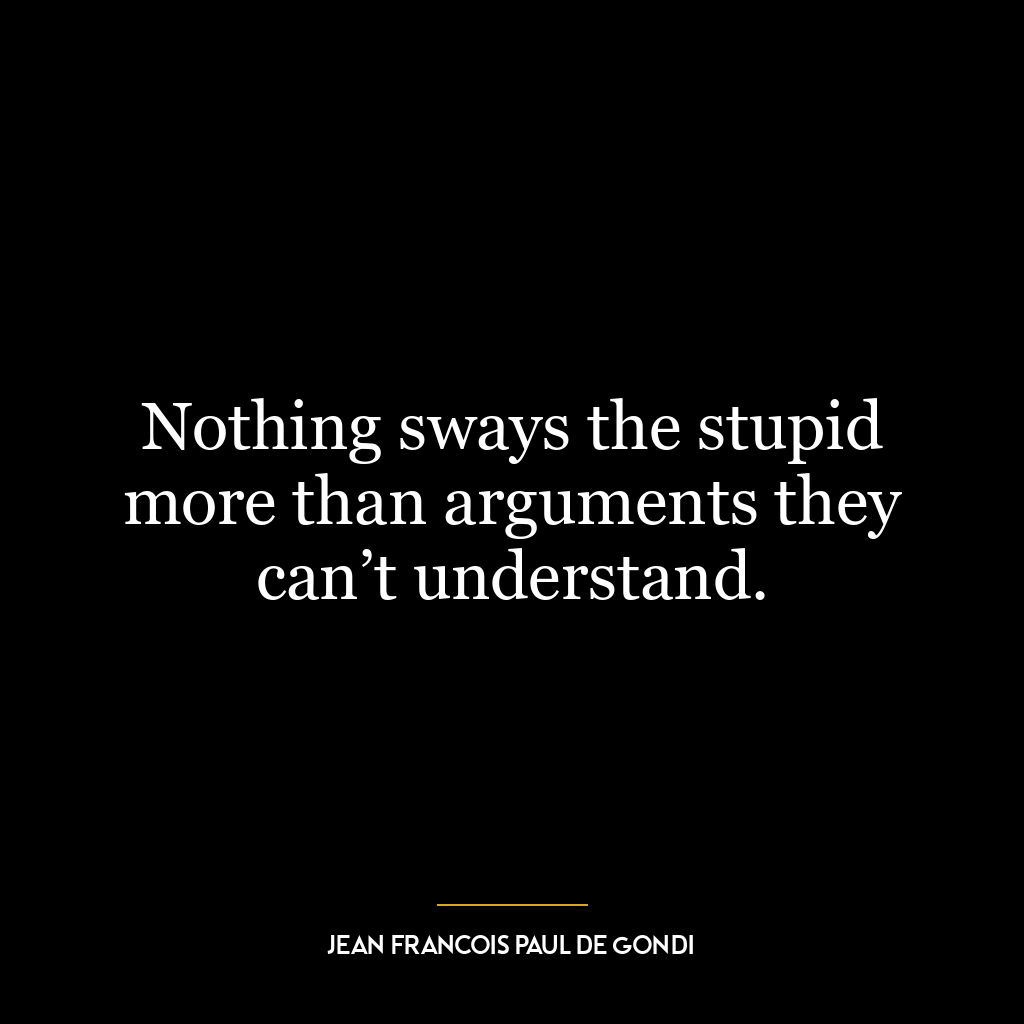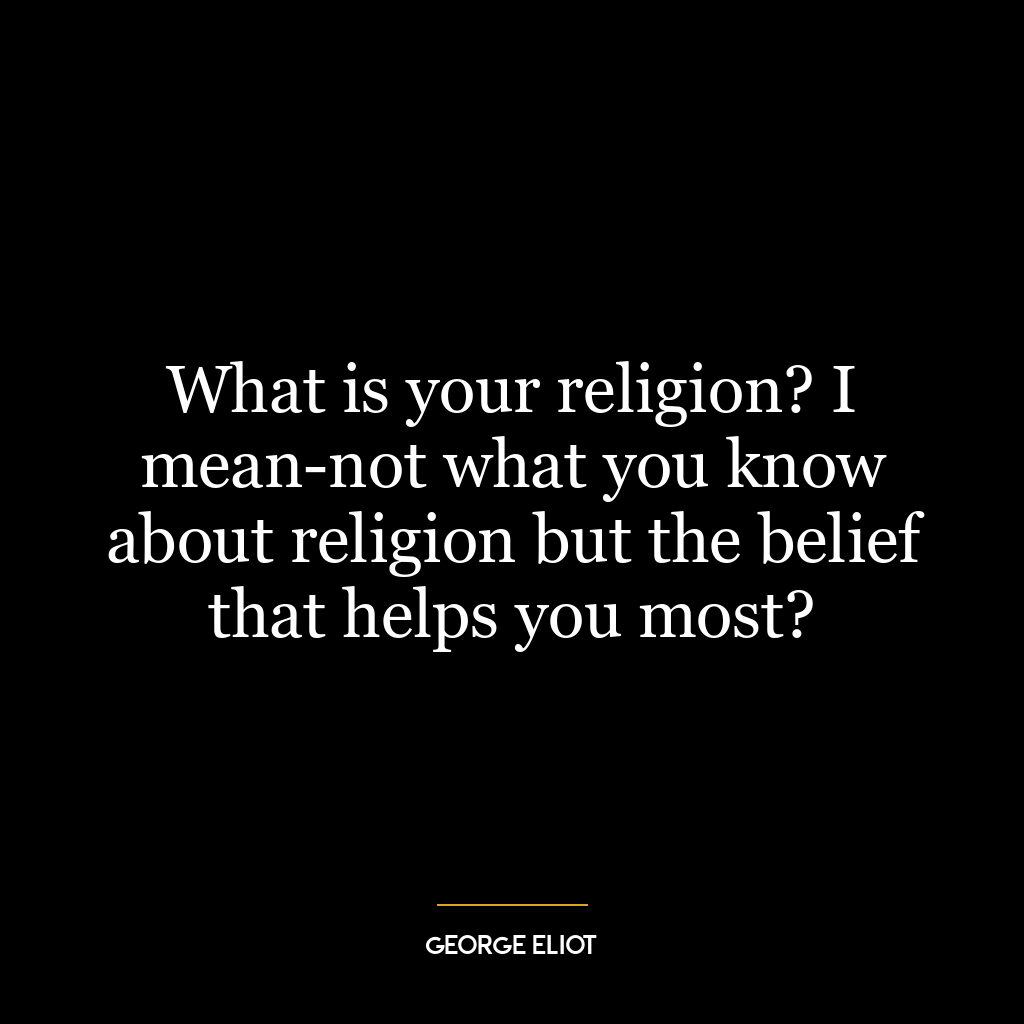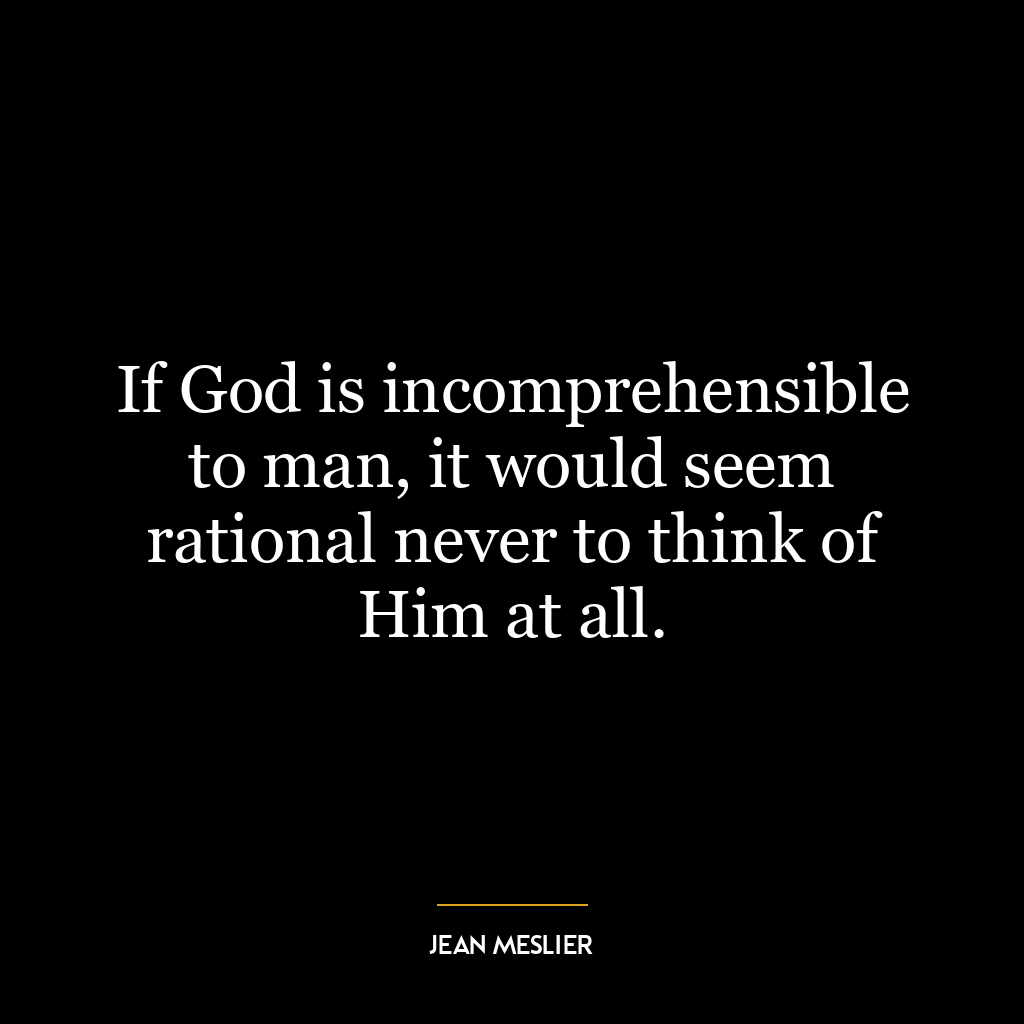… whoever believes anything esteems that it is a work of charity to persuade another of it.
The quote, “whoever believes anything esteems that it is a work of charity to persuade another of it,” suggests that when a person holds a belief strongly, they often feel compelled to share or convince others of this belief. They do so not out of malice or self-interest, but because they genuinely believe that persuading others will be beneficial for them – hence the term ‘work of charity’. The individual perceives their act as altruistic and beneficial to society.
This idea can be seen in various aspects of today’s world. In politics, for instance, individuals or parties with strong ideological beliefs often strive tirelessly to persuade others about the correctness and benefits of their viewpoint. They do this out of genuine conviction in the value and righteousness of their beliefs.
In religion too, believers often feel an earnest desire to convert non-believers — not necessarily out of an intent to dominate but because they truly believe that embracing their faith would lead to salvation for the other person.
In personal development context, this quote can have significant implications. It highlights how our beliefs shape our actions towards others. When we firmly believe in something—be it a lifestyle choice like veganism or fitness regimen—we tend to advocate for it among our peers because we genuinely think these choices could improve their lives too.
However, while such persuasion is driven by good intentions, Montaigne’s quote also invites us to reflect on respecting diversity in thoughts and beliefs. While sharing our convictions can be positive if done respectfully and empathetically; imposing them on others without regard for their perspectives might lead to conflict or misunderstanding.
So while advocating passionately for what we believe in is important – whether it’s climate change action or mental health awareness – we should also remember the importance of dialogue over monologue: listening as much as speaking; understanding before convincing; respecting differing viewpoints even as we hold steadfastly onto ours.

